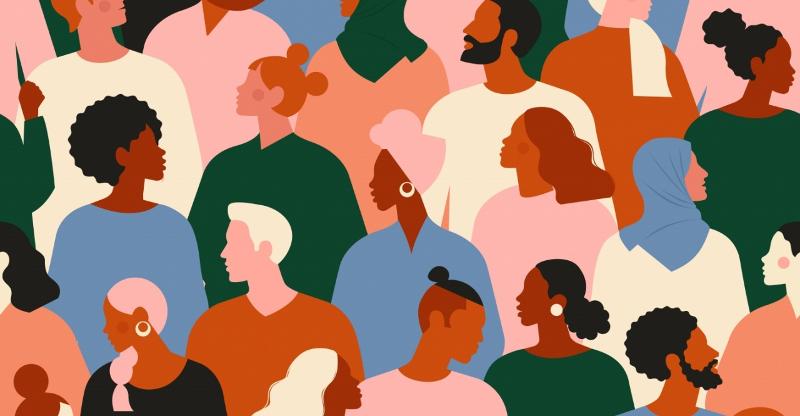Culture and art: tools for civic and democratic engagement at all levels
We continue to follow the journey of the Words of Europe project, about to develop the phase devoted to artistic residencies and thematic workshops: is it possible to engage citizens in political life through cultural activities?

Words of Europe, a project supported by the European Commission through the CERV (Citizens, Equality, Rights and Values) program, is continuing its journey with the sixth of the ten phases planned over the two-year journey: after the definition of the Words of Europe, the words of Europe, through meetings, debates and brainstorming at the turn of 2022 and the beginning of 2023, it opened first a phase that saw citizens as protagonists of panels aimed at analyzing the key words that emerged within the meetings and, later, a series of workshops on the European Union - in which history, institutions, bodies, protagonists and interpretations were discussed.
Fighting fake news
Last month, finally, the thematic focus was on the fight against fake news: in fact, a transnational online meeting was held on November 21 that focused on deconstructing false myths about the European Union, a chapter that will continue in December with online events held in each nation by individual partners that will address issues often at the center of misinformation such as the alleged manipulation of European elections, Europe's relations with the U.S. and Saudi Arabia, and the inclusion of products derived from insects in the diet.
Space for art
The next chapter of the project, on the other hand, will be preparatory to art workshops and residencies to be held throughout Europe, aimed at promoting citizen participation in European civic and democratic life through artistic and cultural practices. Culture and art are powerful tools for sharing and transmitting values: getting in touch with works of art and expressing ourselves through them is a basic human need that connects us both to others and to ourselves.
European Commission-funded research on culture and democracy points out that participation in cultural life "influences civic and democratic attitudes and behavior, regardless of an individual's level of education or socioeconomic status."
How can art and culture encourage civic engagement?
Cultural participation can be defined as "participation in any activity that, for individuals, is a way to enhance their cultural and informational capacities, thereby helping to define their identity and/or foster their expression. Such activities can be active (such as creating or participating in the life of a cultural organization) or passive (such as watching a film) and can take place through various formal or informal channels, including the Internet."
The European Commission's research, then, shows that culture is more than just entertainment; it adds real value to the lives of individuals and societies.
Participating in cultural activities provides access to social spaces that promote dialogue, gathering, sharing and community interaction, facilitating negotiation, applause and critique. Cultural activities can broaden people's personal and social perspectives, giving voice to different perspectives and aspirations, stimulating curiosity and creating bonds through shared experiences. Participating in the cultural activities of a place or community also helps develop a sense of belonging to a shared cultural space characterized by values and history.


